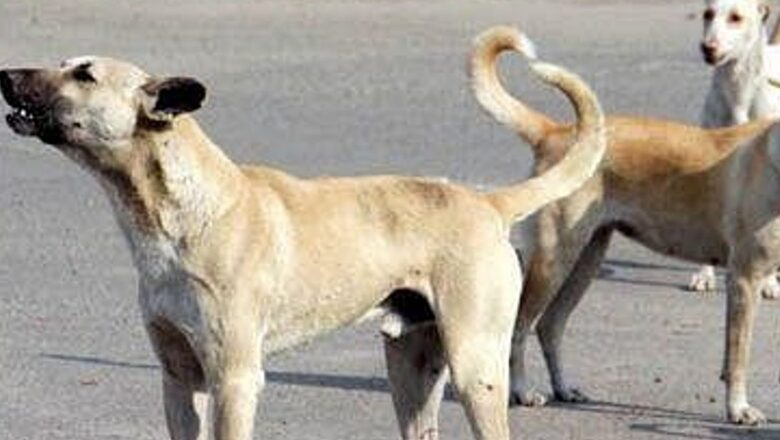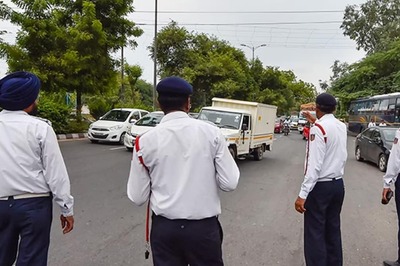
views
Over the past nineteen months in Tamil Nadu, thirty-seven people were diagnosed with rabies, and all thirty-seven of them died. Of these, nineteen succumbed to the disease last year and eighteen of them in the past six months.
Rabies is a zoonotic viral disease that is transmitted from animals like dogs, cats, and bats that are infected with the Rabies lyssavirus. Humans get infected through animal bite, saliva, or scratch.
Though a preventable disease through vaccine, rabies can definitely be fatal if enough care is not taken on time. According to WHO, “Once clinical symptoms appear, it is virtually 100% fatal. In 99% of cases, domestic dogs are responsible for rabies virus transmission to humans.”
There are three categories of the disease, according to the severity and the location of exposure. Dr Anusuya, Professor of Medicine, Madras Medical College, says, “If there is no bite or visible wound on the skin, immediate and extensive washing of the area exposed with soap and running water for 15 minutes is all one has to do. A vaccine is not needed. In the second category, in case of a bite or a scratch without bleeding, immediate vaccination is advised. In the third category, in case of deep wounds, or multiple bites, administration of rabies immunoglobulin along with vaccination is necessary.”
Post exposure, anti-rabies vaccine is taken in the interval of 0, 3, 7, 28, and 90 days. Veterinarians, laboratory workers, and others who may be at high risk of contracting the disease may be administered with pre-exposure immunisation.
There is no medicine to treat rabies effectively, says Saravan Bharathi, doctor of internal medicine and consultant at Dr Mehta’s Hospitals, Chennai. “It is only vaccine that can save one from the disease as there are no medicines to treat the disease once the symptoms start appearing. It is important that one gets vaccinated immediately after the exposure, or even if one thinks he or she might have got exposed because the onset of symptoms can take anywhere between one week and one year after the exposure. Rabies is a virus that travels through the central nervous system to affect the brain. If the wound is on the face or neck then the symptoms start very early, if it is on the legs, or thighs it may take time for the symptoms to appear,” says Dr Bharathi.
Hydrophobia is a typical symptom of rabies. “Muscle spasms in the throat make it difficult for the patients to swallow even water. Other symptoms may include aerophobia, fatigue, and a burning sensation at the wound site. When the symptoms appear, it is a matter of two to three days before the patient collapses of cardiorespiratory arrest,” says Dr Anusuya.
Dr TS Selvavinayagam, director of public health, said, “People can make use of the anti-rabies vaccine available at the level of public health centres in each locality 24×7. Though a vial that contains 5 doses has to be used within a day, we have instructed our staff not to hesitate to use the vial even if it is just for one person. The state has enough stock of the vaccine. Each facility ensures that there are at least ten doses of the vaccine every day.”
Read the Latest News and Breaking News here




















Comments
0 comment